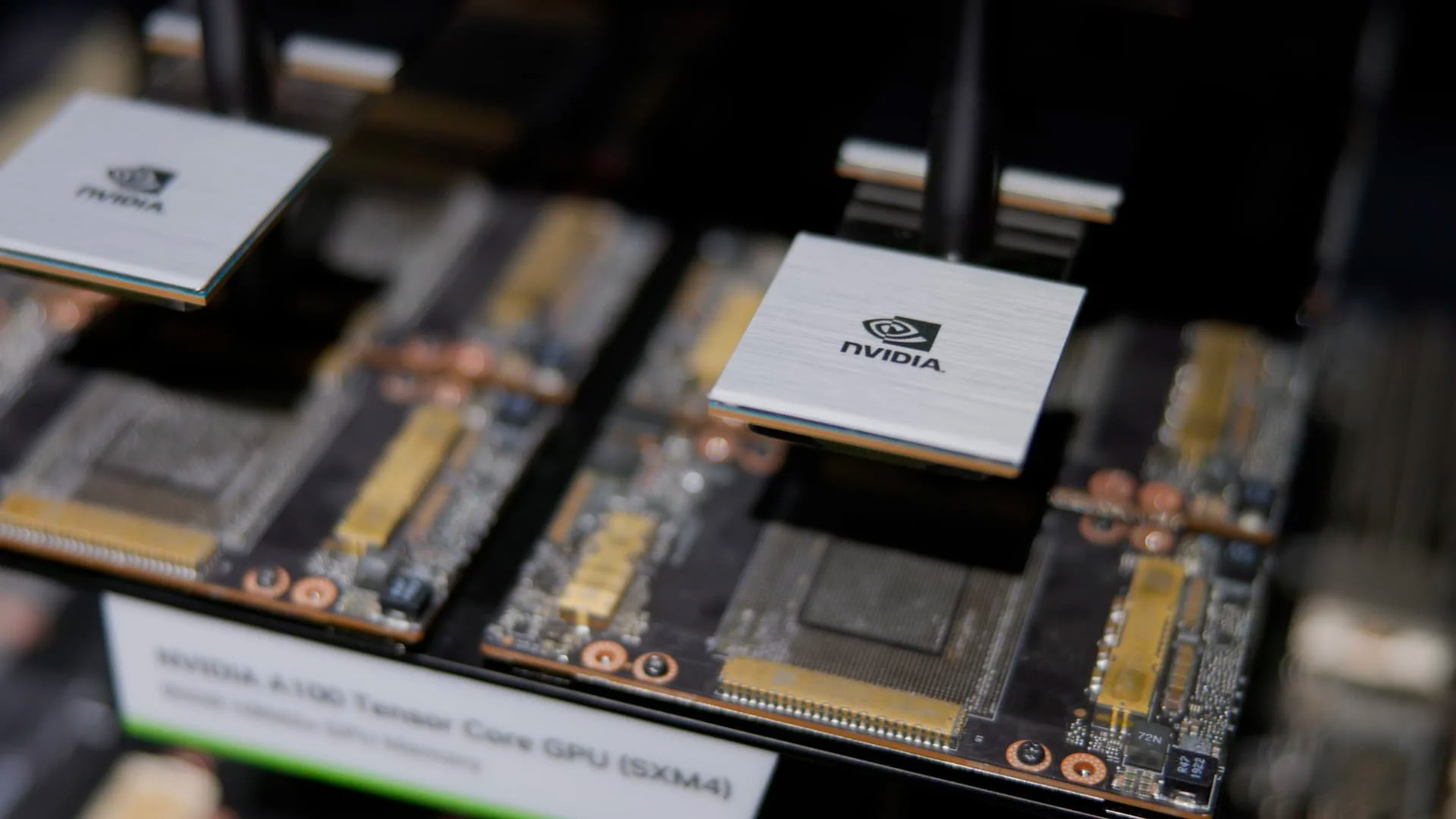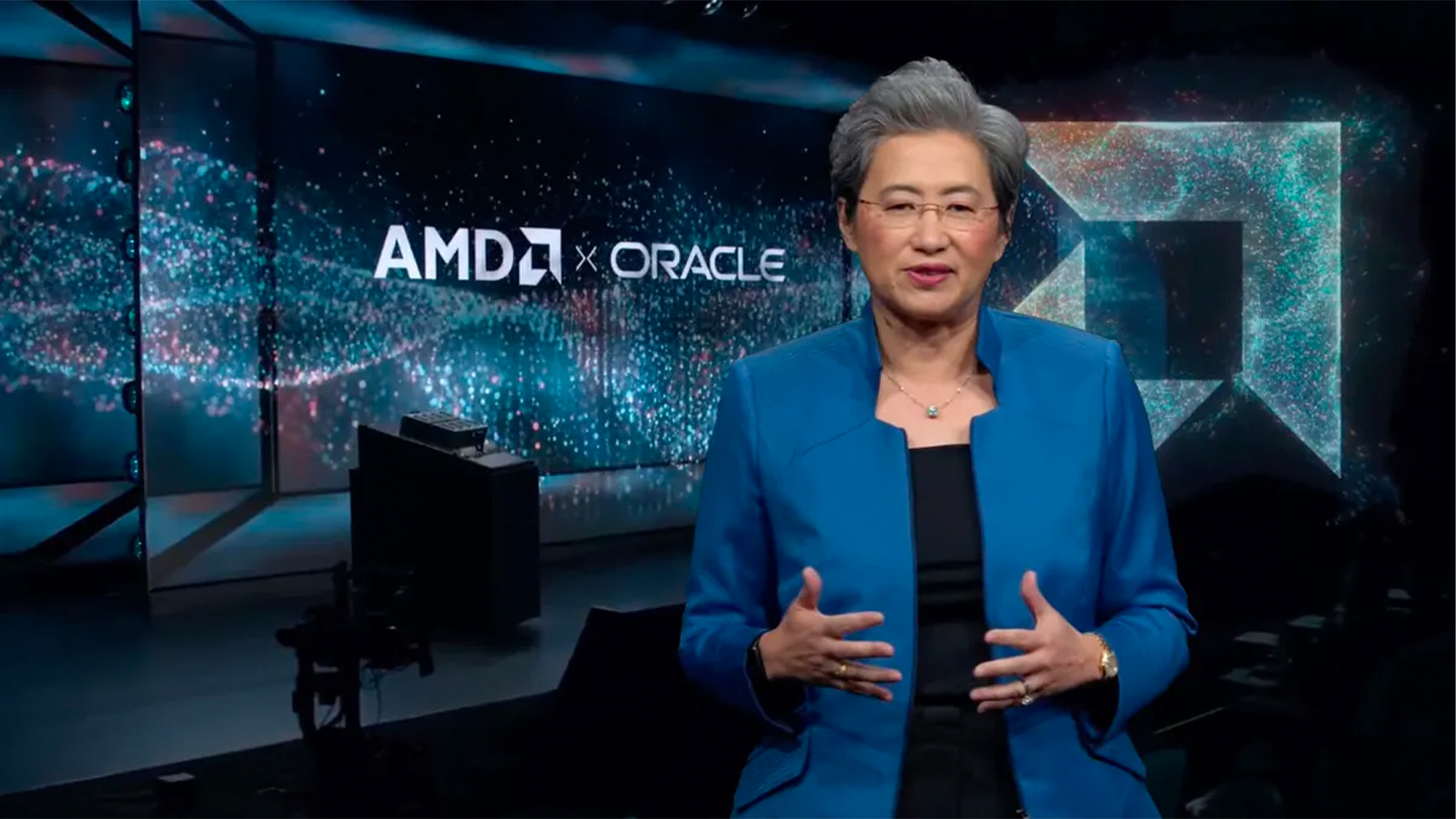AMD has announced new open source tools designed to accelerate adoption of the Distributed Management Task Force (DMTF) Desktop and Mobile Architecture for System Hardware (DASH) standard. AMD has collaborated with Raritan, a provider of IT management solutions, to assist hardware, firmware and console vendors in bringing DASH solutions to market as quickly as possible by delivering a DASH software development kit (SDK) and reference implementation.
“AMD believes that open standards-based client technologies provide our customers with manageability features necessary to easily and flexibly support today’s dynamic IT environments, while reducing cost and complexity,” said Earl Stahl, vice president, Software Development, AMD. “We are pleased to have Raritan’s support and remote management and subsystems expertise and to work with the open standards community in advancing remote management capabilities and management interoperability.”
“Raritan is pleased to work with AMD and the open source community to offer alternatives to proprietary management solutions,” said Christian Paetz, director, Product Management Emerging Markets, Raritan. “The new DASH tools will enable companies of all sizes to deliver innovative third-party solutions. As a result, multi-vendor systems may be enabled to be accessed remotely and important systems management information, such as system health and power consumption, would be able to be exchanged seamlessly across entire IT infrastructures. Customers can benefit by being able to manage diverse IT environments more efficiently, so that they can better respond to business needs.”
The SDK also includes APIs to standard scripting languages like Python. Likewise, IT administrators can use familiar languages to write scripts for DASH-enabled clients. In addition, AMD and Raritan are also developing a DASH software reference implementation. This technology will be designed to simulate a DASH-enabled client, allowing developers to test management consoles and applications against the DASH software reference implementation for interoperability.
)
)
)
)
)